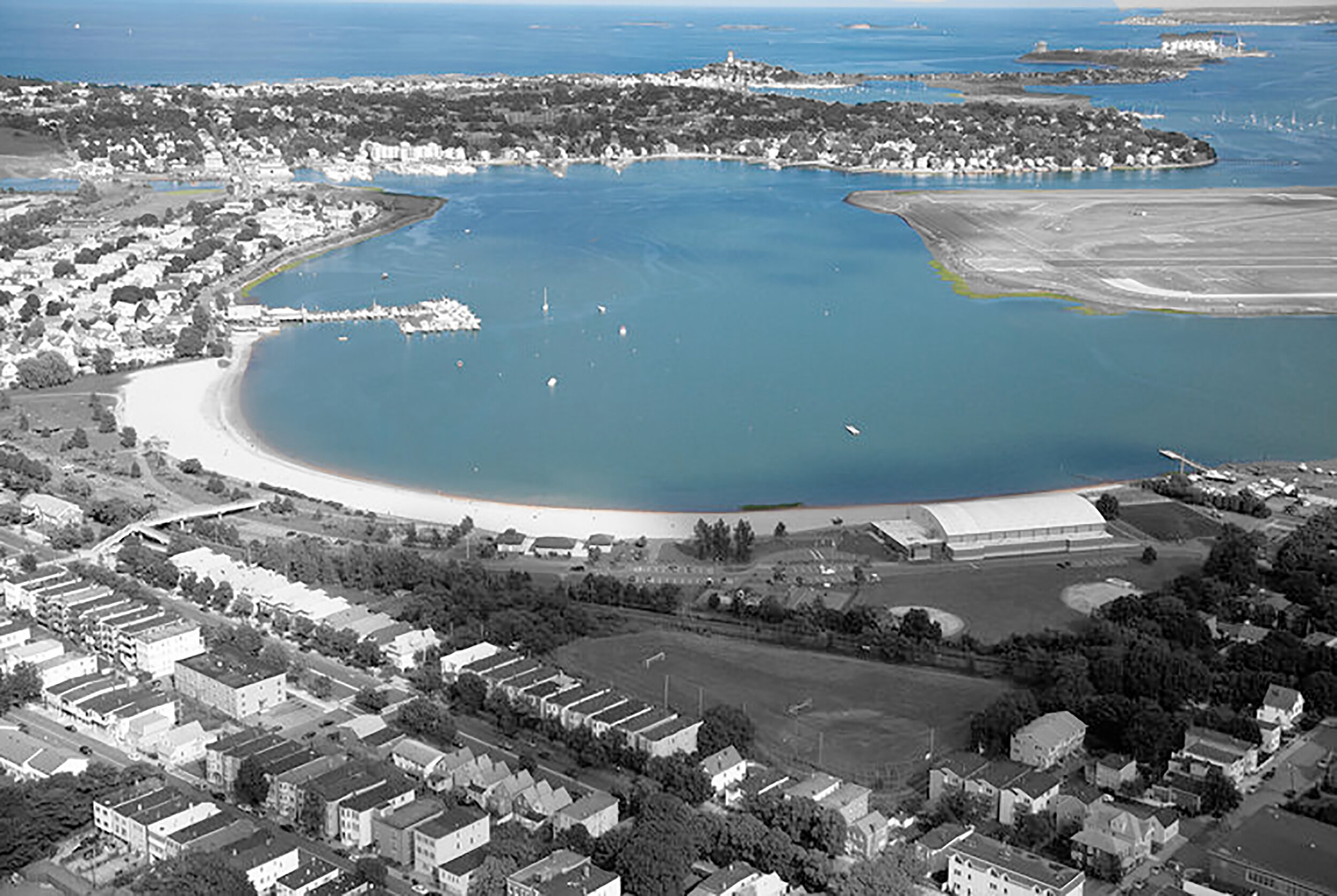The Ecological Edge: Landscape Dynamics, Social Justice, and Urban Instability
This year-long research studio interrogates the intertwined issues of social justice and climate change by analyzing the landscapes, communities, and histories of East Boston as a local example of where issues of equity and environment intersect. Each student developed an individual project sited within East Boston that addressed issues initially identified during research undertaken during the fall semester. Using the framework of interpretive design, students were charged with taking in-depth research about people and places and, rather than proposing a “solution” to a “problem,” focusing instead on channelling that research through a medium that would allow people to engage with the issues addressed in the research. In this framing, interpretive design is a project of provocation in that we have sought not to passively communicate information but to inspire people to action. “Action” here is broadly defined—that action might range from explicit activism to simple engagement. In any case, it means moving people towards some specific and defined end.
The primary design outcome of the semester was a set of data containers for the research conducted in the fall: one physical container and one digital container. Together these two data containers aimed to critically conserve and/or communicate aspects of culture, history, identity, environment, or memory in East Boston.
View student projects here.
Spring 2021: Northeastern University.
